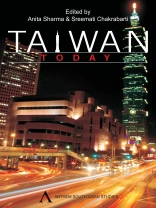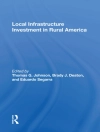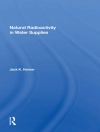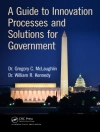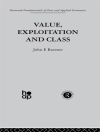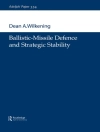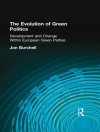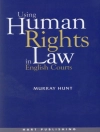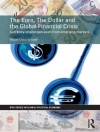The 1980s economic boom in East Asia drew the world’s attention towards Taiwan. The Four East Asian Tigers – South Korea Singapore, Hong Kong and Taiwan – hardly appeared as developing areas as they achieved phenomenal success in their growth-oriented strategies and effectively advanced the standard of living of their people. Taiwan’s outstanding economic performance was noticed and appreciated by both the government and non-government circles in India. East Asia today is undoubtedly the most dynamic region of the world in terms of economic growth and development. India’s ‘Look East Policy’, formed in the mid-1990s, has widened the arena for a multidimensional relationship with the greater East Asian region. India-Taiwan economic relations have been growing and the setting up of economic and cultural centres has promoted people-to-people contacts. Cultural and educational ties between the two nations are also increasing. This book is inspired by a conference titled ‘Taiwan Today’ organized by the Department of East Asian Studies, University of Delhi. The Department of East Asian Studies is one of the few academic centres where all the entities in the East Asian region are studied and researched. This book will be very useful for those interested or engaged in research on East Asia.
Inhoudsopgave
Acknowledgements; Contributors to this Volume; Acronyms and Abbreviations; Foreword by Ambassador Ranjit Gupta; Introduction; Who are We? Identity in Transition; Taiwan: Yearning for an Identity; The Implications of Direct Flights: Beijing in Taiwanese Politics; Kuomintang, Democratization and the One-China Principle; The Deepening and Consolidation of Democracy in Taiwan; India and Taiwan: Bolstering Complementarity in Information Technology; Asian Regional Economic Integration and Taiwan-India Economic Relations; The Taiwan Factor in Sino-Indian Relations; Japan’s Triumphant Diplomacy in Taiwan in 1874; A Study of the Cultural and Educational Exchanges between Taiwan and India, 1995-2006; Between Two Worlds: A Survey of Education in Taiwan; Female Immigrants, Social Capital and the Public Sphere in Taiwan; Information Technology and Gender: Taiwan and India; Tzu Chi: A Case Study of Engaged Buddhism in Taiwan; Master Hsing Yun of Fo Guang Shan and Development of Humanistic Buddhism; The Heritage and Innovation of Chan Paintings in Taiwan; Taiwan in World Architecture: A Historical Perspective; Afterword by V P Dutt
Over de auteur
Anita Sharma is a Reader of History, Buddhism and Chinese Language and an Associate Professor of Chinese Language and History at the Department of East Asian Studies, University of Delhi, India.
Sreemati Chakrabarti is Professor of Chinese Studies at the Department of East Asian Studies, University of Delhi. She is an Honorary Fellow at the Institute of Chinese Studies CSDS, Delhi
